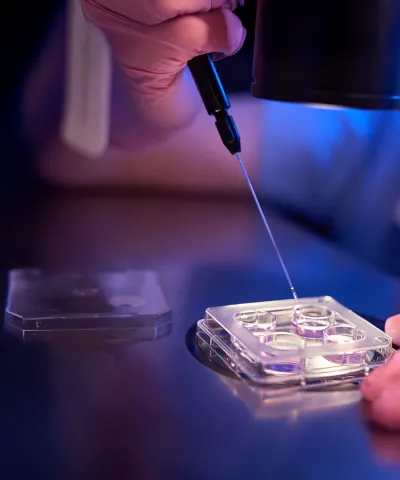Patient advocacy groups (PAGs) for orphan diseases in Brazil (e.g., Instituto Vidas Raras, Casa Hunter) support manufacturers during all phases of launching an orphan drug. Specifically, they help navigate the fast-track regulatory process with the Brazil National Health Surveillance Agency (ANVISA), share local epidemiology information, and engage with Brazil’s HTA body, the National Commission for the Incorporation of Technologies (CONITEC), to advocate reimbursement in the public setting. Seeking support from PAGs early on in the planning process is a key step to a successful launch.
PAGs for orphan diseases are in regular contact with ANVISA and offer assistance with submitting the regulatory dossier and registering local clinical trials. On December 29, 2017, ANVISA published Resolution RDC No. 205/2017 (effective on February 26, 2018), which established fast-track procedures for new drugs designed for the diagnosis, prevention, and treatment of rare diseases.
Before granting fast-track approval, ANVISA requires that treatments obtain orphan drug status in the respective indication from the EMA or the FDA. In addition to having orphan status, Brazil must be included in the first wave of launches for the treatment. A meeting between ANVISA and the manufacturer prior to submission is mandatory to confirm the drug meets requirements for fast-track approval, which takes approximately 120 calendar days, far less time than the full year often required for standard registration.
Helping patients overcome logistics issues
PAGs lead activities that increase physician and patient awareness of orphan diseases and treatments approved locally and nationally. The biggest hurdle for patients with orphan diseases in Brazil is accessing treatment centers, due to the country’s large size and challenging terrain. This, combined with family and work obligations, often prevents patients from being able to easily travel to another state or city for treatment. In the past, PAGs have helped patients overcome logistics issues, helping them gain access to treatments.
Identifying patients for orphan drug treatment
Manufacturers can engage with PAGs to identify patients for a specific orphan drug treatment, as they are willing to support with outreach and share blinded information from registries when available. Instituto Vidas Raras has one of the largest social media platforms in Latin America. These communication channels are extremely important particularly when there is no established patient community.
Achieving reimbursement in the public setting
PAGs for orphan diseases also have regular contact with CONITEC, and can be instrumental in achieving reimbursement in the public setting. For example, PAG support has been key in helping patients have national access for drugs treating mucopolysaccharidosis. PAGs provide CONITEC with local epidemiology data, testimonies on the patient and caregiver burden, and information from specialists on the treatment approach to update national treatment guidelines. CONITEC calls in PAGs when products are being evaluated, as the patient perspective is highly valued. Manufacturers and PAGs prepare for these meetings by reviewing aspects included in the CONITEC dossier such as the value proposition and the economic model to increase the chances of reimbursement.
Engage PAGS early on
In conclusion, engaging PAGs early on can positively affect regulatory approval, uptake, and reimbursement post-launch. Manufacturers would be wise to include them when developing their strategies to optimize market access outcomes.








